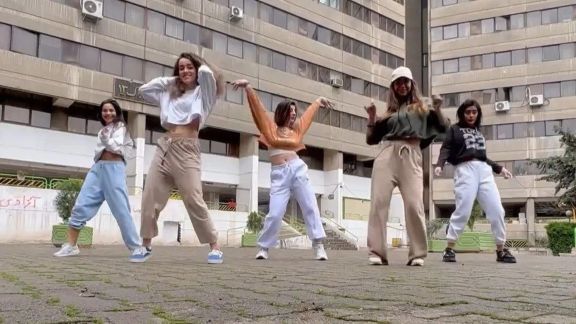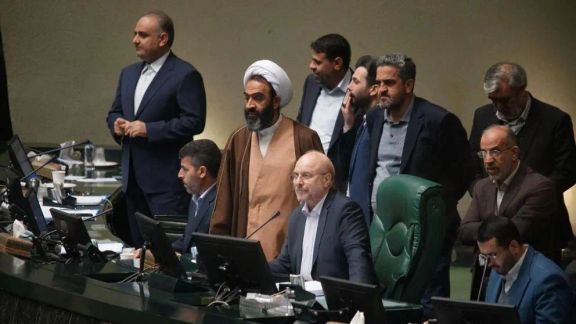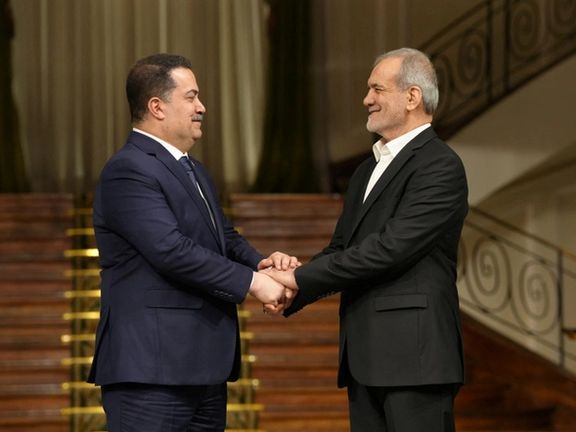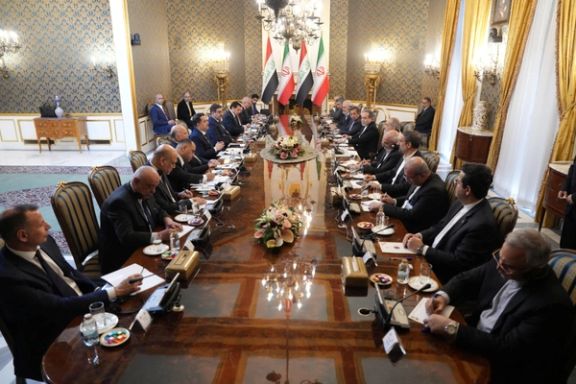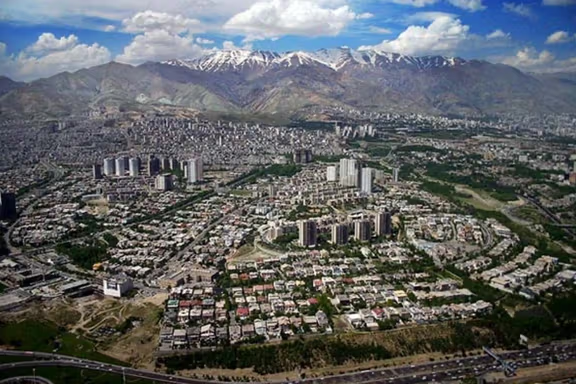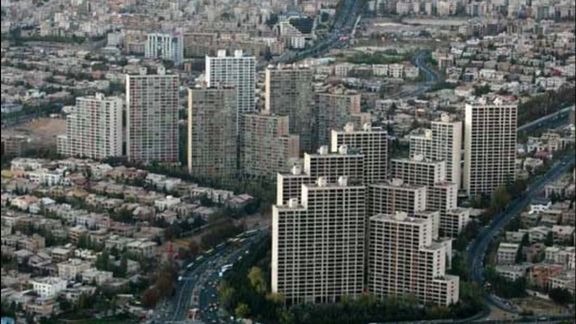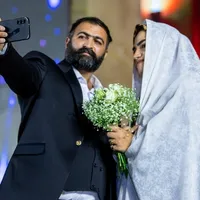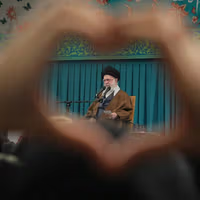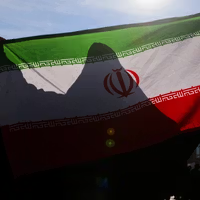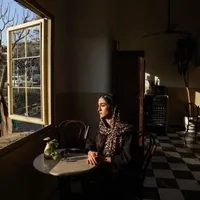“We dance, we sing and dance in prison, but in that same prison—which you call a hotel—we endure the longing for our loved ones. The sick care for the sick, and we must struggle for months even to get treatment [in an outside medical facility], let alone for medical furlough,” Mahnaz Tarrah, a monarchist activist wrote in a letter smuggled from Tehran’s notorious Evin Prison a few days ago.
Tarrah who has been in and out of prison several times for her political activities is currently serving a sentence of four years and four months for “propaganda against the system” and similar charges.
Tarrah and other prisoners’ statements followed a controversy sparked by the release of a video clip on social media last week that showed Iran's Nobel Peace Laureate Narges Mohammadi singing and dancing in prison.
Iran's pro-establishment media used the footage as evidence that she and some other political prisoners systematically lied about their harsh conditions in Iranian prisons and the cruelties they endured.
Political rivals charged that the video proved Mohammadi had privileges in prison contrary to her self-portrayal as a harshly persecuted dissident.
Referring to the video clip, for instance, the Revolutionary Guards (IRGC)-linked Javan newspaper claimed on Sunday that Evin Prison was as comfortable as home or a hotel.
In her letter, Tarrah also emphasized that all her fellow inmates, including those who belonged to leftist groups, constitutional monarchists, and even reformists who are often criticized by others for not supporting the goal of overthrowing the Islamic Republic, were united in their expression of resistance and defiance in prison.
“We dance together, and we cry together… Judge us if you can bear one day and night of solitary confinement or the prolonged, Islamic Republic-style interrogations [that we have endured],” Tarrah wrote.
The videos of Mohammadi’s singing and dancing were recorded by her fellow inmates using mobile phones smuggled into the prison on two separate occasions in the large, shared rooms of the Women’s Ward of Tehran’s Evin prison where around seventy female political prisoners are currently serving their sentences.
Before their trials and sentencing, political prisoners and prisoners of conscience often spend long periods in solitary confinement at other wards of Evin. These wards are administered and controlled by the Revolutionary Guards’ Intelligence Organization (SAS), the Intelligence Ministry, and the Judiciary which has its own intelligence body.
Political prisoners have provided many horrifying accounts of Evin Prison’s solitary cells, where the lights are kept on at all times and prisoners are required to wear blindfolds every time they leave their cells to use the shower or to go to interrogation rooms.
Political prisoners are also often sent to other prisons with much worse conditions, such as the Gharchak Women’s Prison in the south of Tehran, as punishment for protesting in prison or refusing to cooperate with interrogators or prison authorities.
“I must cry out from Evin Prison that the [actions of the] government will never be whitewashed with [Mohammadi’s or anyone else’s] dancing,” Mahboubeh Rezaei, another monarchist prisoner who is seen in the dance video beside Mohammadi wrote in another letter from Evin last week.
“I have been thousands of kilometers away from my family for nearly two years and been deprived of seeing my mother, the only person I have, but these deprivations will not exhaust us,” she added. “I will continue to dance, hand in hand with my sisters, with more [expression of happiness].”
Rezaei was sentenced to 26 years in prison in 2023 for “undermining national security”.
Remembering the night when they found out their fellow inmate Pakhshan Azizi had been sentenced to death, she recounted in her letter how led by Azizi, they all danced and chanted that they would not give up the quest for freedom even if they had to give their lives for it.
Azizi is one of the three female political and labor activists sentenced to death on charges of “armed rebellion” against the Islamic Republic in July by Iran's Islamic Revolutionary Court.
In a third letter from Evin’s Women’s Ward in the past few days, political activist Golrokh Iraee who is serving a seven-year sentence recounted how Azizi and Varisheh Moradi, one of the other female activists sentenced to death, tried to keep up the spirits of their fellow inmates despite knowing they could be hanged any day.
“Pakhshan and Varisheh came to the general ward, after months of solitary confinement … They changed the atmosphere of the ward. They made Kurdish headdresses for others and taught us Kurdish dance … The sentences passed on them made no disruption in the inmates’ routine and their relations with other inmates,” Iraee wrote.
